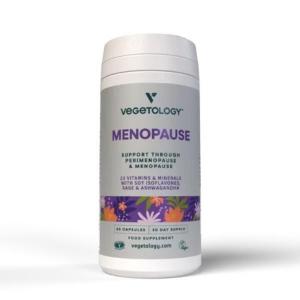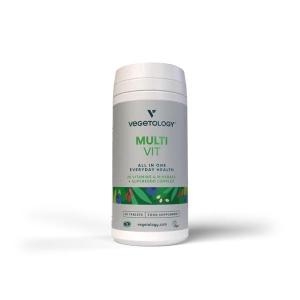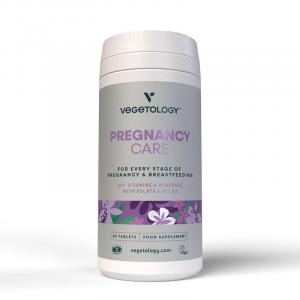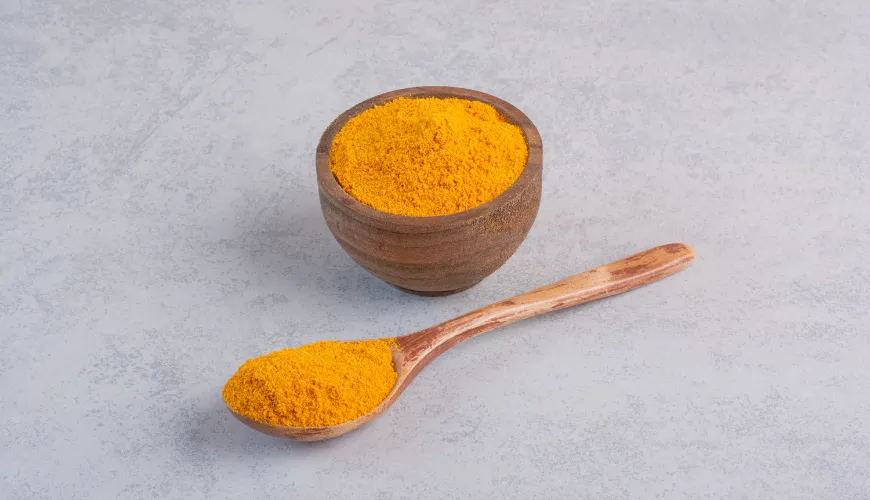
Try Home Remedies for Red Blood Cells and Be Full of Energy
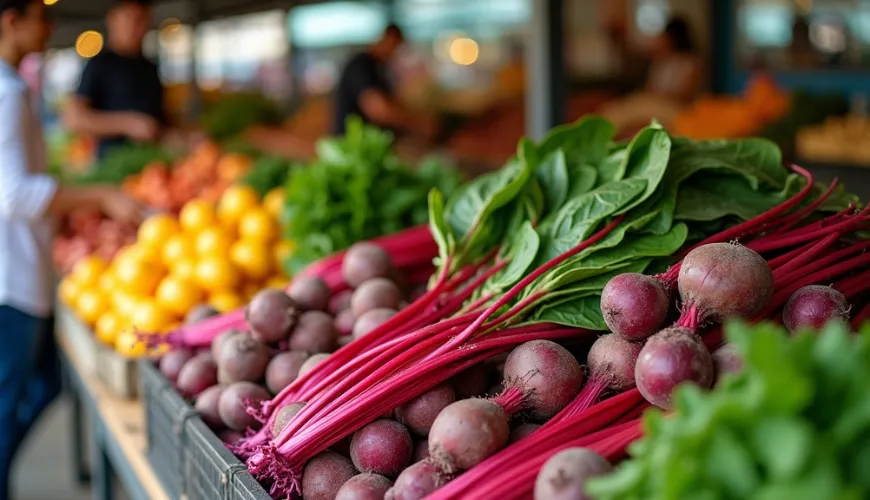
How to Support Healthy Red Blood Cell Production - Time-Tested Folk Remedies
While modern medicine offers plenty of solutions for blood production issues, folk wisdom and natural approaches still hold a firm place. Many of these remedies have been passed down from generation to generation, often with respect and surprise at how well they work. Folk remedies for supporting red blood cells are not just relics of the past but often simple and effective recommendations based on fundamental principles of how the body functions.
Red blood cells, or erythrocytes, play a crucial role in transporting oxygen. A deficiency can lead to fatigue, paleness, concentration issues, headaches, or even shortness of breath. One of the most common causes is a lack of iron, vitamin B12, or folic acid. While some cases require professional treatment, in others, changes in diet and lifestyle can help.
When the Body Calls for Help
What should you pay attention to? Besides fatigue, typical signs include pale skin, brittle nails, or cold hands and feet. In such moments, the question arises: can we support blood production naturally?
Folk remedies for red blood cells delve deep into tradition. For instance, even our great-grandmothers recommended drinking nettle tea, eating beets, or regularly incorporating liver into the diet. Today, we know that these foods contain essential substances for healthy blood production—iron, B vitamins, and folic acid.
Try our natural products
Key Foods Worth Noting
One of the most frequently mentioned components when looking for ways to naturally support red blood cells is iron. And not without reason. Without it, the body cannot produce enough hemoglobin—the protein that gives red blood cells their color and ability to carry oxygen. Foods high in iron include:
- Beets
- Liver (especially beef or chicken)
- Legumes, particularly lentils and chickpeas
- Spinach and other dark green leafy vegetables
- Sesame and pumpkin seeds
- Dried apricots and raisins
Interestingly, iron from plant sources is absorbed less efficiently than that from meat. Therefore, it is recommended to combine them with foods rich in vitamin C, such as peppers, broccoli, or citrus fruits. This combination helps the body utilize iron more effectively.
Another often overlooked but crucial component is vitamin B12, which plays an important role in red blood cell production. It is mainly found in animal products—meat, eggs, milk, and cheese. People following a plant-based diet should carefully monitor their intake and possibly supplement it with dietary supplements.
The same applies to folic acid, essential for normal cell development and DNA synthesis. It is found in leafy vegetables, avocados, asparagus, and nuts. In pregnant women, its supplementation is routinely recommended, as it helps not only the mother's blood production but also the development of the fetus.
Nettle, Beets, Honey, and Other Natural Wonders
Among folk remedies, nettle is perhaps the most frequently recommended herb for supporting red blood cells. It is rich in iron, naturally cleanses the blood, and its effects have been known for centuries. It can be drunk as tea, added to soups, or used to make a spring spinach substitute. Similarly, dandelion supports liver detoxification—the organ responsible for producing some blood components.
Beetroot is literally an icon when it comes to folk remedies for blood support. Whether raw, baked, in juice form, or fermented as a salad—it is full of antioxidants, folic acid, and minerals. Regular consumption of beet juice can help increase red blood cell count and improve body oxygenation. For some, the strong beet flavor may be an issue, but there's a trick: try mixing it with apple or carrot.
One of the lesser-known but highly effective folk remedies is a mixture of honey, ground nuts, and dried fruit. This "sweet bomb" is not only tasty but also nutritious. It contains iron, vitamins, healthy fats, and energy that helps the body kick-start the renewal of blood components. It is recommended to take a spoonful daily, ideally on an empty stomach in the morning.
A Story That Inspires
Marie, a 63-year-old woman from southern Bohemia, had long struggled with fatigue. Doctors diagnosed her with mild anemia, but it wasn't severe. Instead of medication, she decided to rely on her grandmother's simple advice. Every morning she started with a glass of beet juice, regularly ate legumes, and prepared liver with onions twice a week. After a month, she noticed a difference—she was less tired, felt more energetic, and her blood test results improved. Her doctor smiled and said, "This is what blood looks like when it gets what it needs."
This is, of course, just one case, but there are many similar stories. They show that even simple changes can have a significant impact—especially when they are consistent and based on a deeper understanding of the body's needs.
What Can Actually Harm
Alongside useful advice, it's good to remember what can hinder iron absorption or worsen the condition of red blood cells. For example, excessive consumption of black tea and coffee can impair iron absorption from food. Similarly, consuming an excess of calcium in the form of dairy products at the same time as iron-rich foods can be counterproductive.
Some medications, such as antacids or those containing aluminum, can also affect iron or vitamin B12 levels. If someone has long-term issues, it's always good to consult with a professional and possibly have blood tests done.
And one more note: stress. Chronic stress burdens the body on many levels, including blood production. A stressed body often cannot absorb nutrients effectively, and there is increased consumption of essential vitamins. Here, too, a harmonious lifestyle is key to healthy blood.
Traditional Wisdom in the Modern World
Today, we have numerous dietary supplements, testing, and experts available. Yet, more and more people are turning to traditional, natural methods. Perhaps it's because these remedies—often simple, inexpensive, and accessible—make sense even in times of quick solutions. There's no need for complicated preparations when nature itself is our pharmacy.
As an old saying goes: "He who has healthy blood, has a healthy life." And perhaps returning to the proven advice of our grandmothers could be the best step to maintaining energy, strength, and vitality—naturally, without unnecessary chemicals, and with respect for our own bodies.
